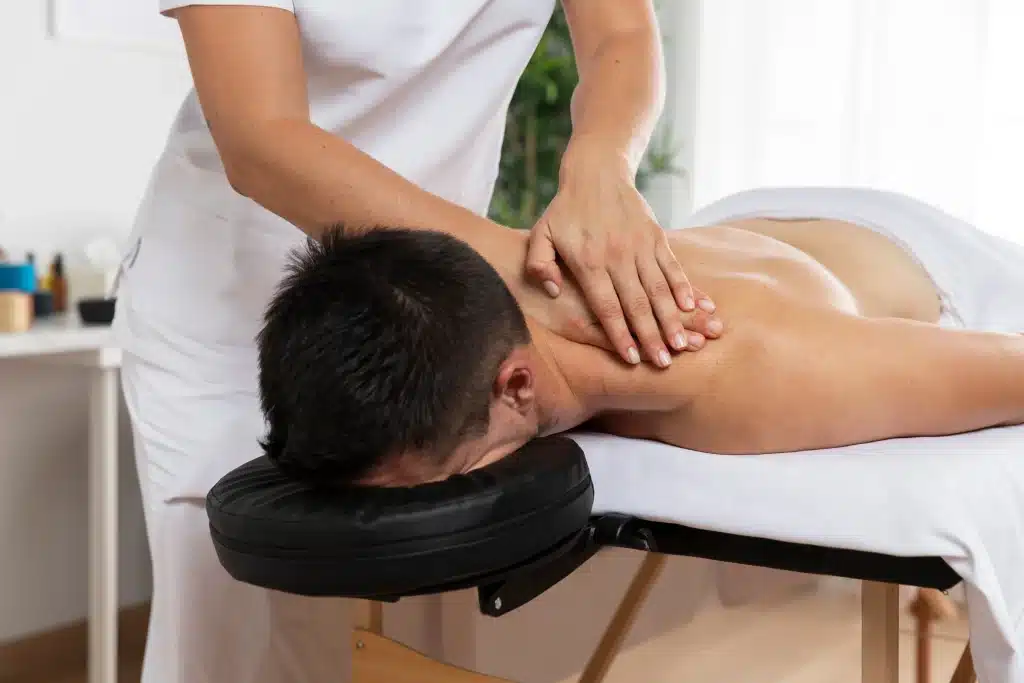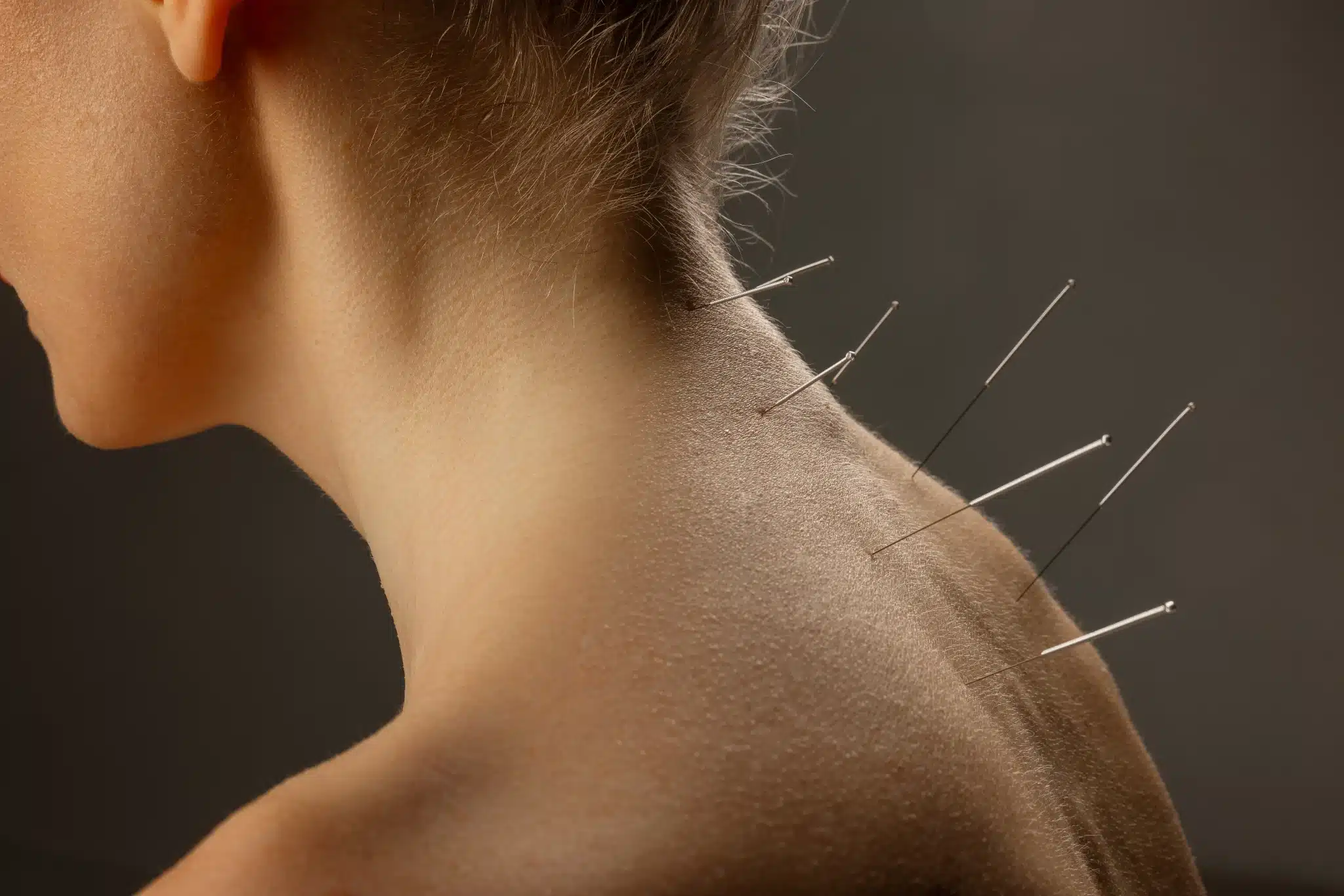Understanding medical billing and coding can be challenging, especially for treatments like electrical stimulation therapy. 97014 CPT code is a prime example of the details healthcare providers need to master for accurate billing. This guide will explore CPT code 97014, its applications, and important billing guidelines.

Key Takeaways
- CPT code 97014 is used for unattended electrical muscle stimulation (EMS) treatments in chiropractic and physical therapy settings.
- Some insurers may not reimburse 97014 CPT code, requiring alternative codes, such as G0283, for certain patients.
- EMS therapy provides a cost-effective, non-invasive, and drug-free option for pain relief, supporting muscle recovery and rehabilitation.
- Accurate coding and thorough documentation are essential to prevent claim denials and ensure timely reimbursement for electrical stimulation services.
- Understanding the specifics of 97014 CPT code and related billing guidelines is crucial for healthcare providers to optimize their revenue cycle management.
Understanding 97014 CPT Code and Its Applications
Electrical stimulation therapy, known as 97014 CPT Code, is key in physical therapy and rehab. It uses electrical impulses to make muscles contract, like the brain does naturally. This helps healthcare pros give effective, easy-to-use therapy to patients.
Explore the Latest CPT Code Updates in Our Comprehensive Guide
What is Electrical Stimulation Therapy?
Electrical stimulation therapy is a non-invasive treatment. It uses electrical currents to work muscles and nerves. It's great for patients in rehabilitation, as it strengthens muscles, cuts pain, and aids healing.
Key Benefits of Electrical Stimulation
- Hands-free therapy, letting patients do other things while being treated
- A cost-effective way to ease pain, compared to some other treatments
- Works well for many needs, from muscle building to reducing swelling
Clinical Applications and Treatment Areas
Electrical stimulation therapy is used in many places, including:
- After surgery, it helps muscles get stronger and prevents wasting
- In chronic wound care, it cuts swelling and helps wounds heal
- For patients with neurological issues, like stroke or spinal cord injuries, it helps with function and pain
Knowing the differences between 97014 CPT code and G0283 helps healthcare providers. It ensures patients get the right care and coverage.

Healthcare Providing Billing Guidelines and Reimbursement Policies
Healthcare providers face challenges with billing for electrical stimulation therapy. Some Healthcare Providing Billing doesn't pay for CPT code 97014, which is for "Application of a modality to one or more areas; electrical stimulation (unattended)." Instead, they must use the G0283 code for unattended electrical stimulation for some patients. This is key to avoid claim denials and get the right payment.
To prove the need for electrical stimulation, providers must document the type of stimulation, the areas treated, and the patient's strength and function ratings.
Understanding the 8-Minute Rule for Timed Codes
The 8-Minute Rule is an important guideline for outpatient therapy services, stating that at least 8 minutes of direct therapy are required to bill one unit of a time-based code. In contrast, service-based CPT codes, such as 97014, can only be billed for one unit regardless of treatment duration.
| Code Type | Minimum Time Requirement | Billing Increment |
|---|---|---|
| Time-based CPT Codes (e.g., 97110) | 8 minutes | 15-minute increments |
| Service-based CPT Codes (e.g., 97014) | No minimum time requirement | One unit per service |
The 8-Minute Rule applies specifically to certain outpatient therapy services, while other programs may have different guidelines. Additionally, some insurers might use the Substantial Portion Methodology (SPM) instead of the 8-Minute Rule for billing.

Different Types of Electrical Stimulation Modalities and Documentation Requirements
Healthcare providers use many types of electrical stimulation therapy. Each type has its own benefits and uses. The electrical stimulation CPT code 97014 covers several, like Electrical Muscle Stimulation (EMS) and Neuromuscular Electrical Stimulation (NMES).
When billing for these services, detailed documentation is key. Providers must list the type of stimulation, where it was applied, and the patient's progress. This information helps prove the treatment's need and ensures correct payment from insurance.
Knowing about the different electrical stimulation methods and keeping good records helps healthcare professionals. It makes sure these treatments are used well and paid for correctly.
FAQ
What is 97014 CPT code?
CPT code 97014 is for unattended electrical muscle stimulation (EMS) treatments. It's used in chiropractic and physical therapy for pain, inflammation, and muscle recovery.
What are the key benefits of electrical stimulation therapy?
Electrical stimulation therapy uses electrical impulses to mimic muscle contractions. It's hands-free, cost-effective, and versatile for various needs.
What are the common applications of electrical stimulation therapy?
It's used for muscle strengthening, preventing atrophy, managing pain, and reducing swelling. It helps in post-surgical recovery, chronic wound care, and rehabilitation for conditions like stroke or spinal cord injuries.
What are the different types of electrical stimulation modalities?
There are several types, including EMS, HVPC, NMES, FES, and TENS. Each has its own uses and benefits in clinical settings.
What documentation is required for electrical stimulation therapy?
You need to document the type of stimulation, treatment areas, strength ratings, pain levels, and functional impacts. Accurate documentation is key for medical necessity and reimbursement.





